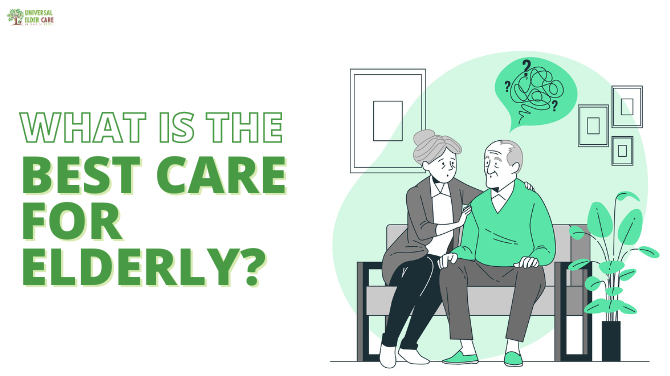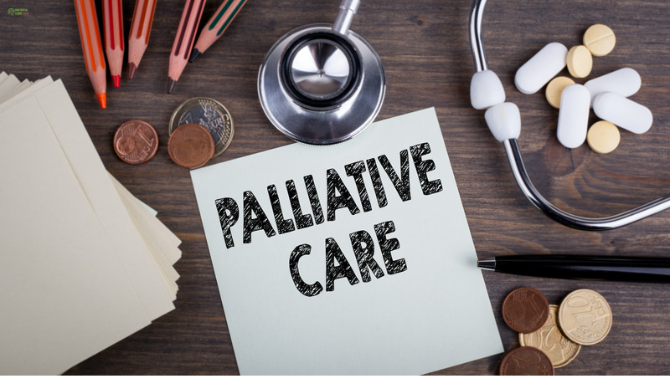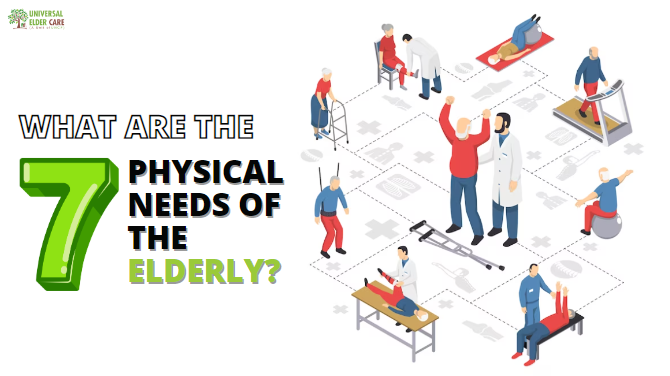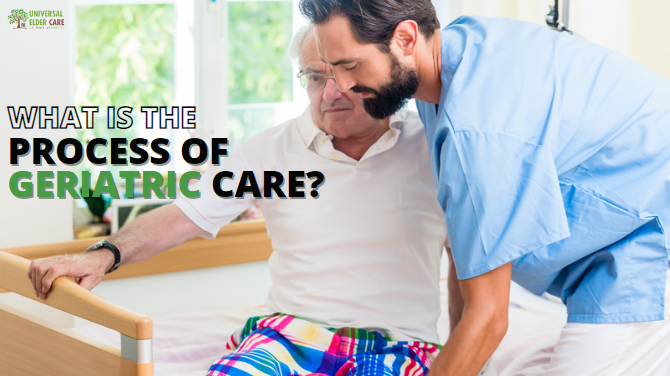What is the best care for elderly?

Providing the Best Care for the Elderly: A Holistic Approach
When it comes to caring for the elderly, it is essential to adopt a holistic approach that addresses their physical, mental, and emotional well-being. The best care for the elderly goes beyond meeting their basic needs; it focuses on promoting independence, dignity, and quality of life. In this blog, we explore the key elements of providing the best care for the elderly.
-
Person-Centered Care: The best care for the elderly begins with recognizing and respecting their individuality. Person-centered care involves tailoring the care plan to meet the unique needs, preferences, and goals of each individual. It involves active listening, involving them in decision-making, and considering their values and desires to provide personalized care that enhances their overall well-being.
-
Health and Safety: Ensuring the health and safety of elderly individuals is paramount. This includes regular medical check-ups, medication management, and proper nutrition. Creating a safe living environment, free from hazards and ensuring appropriate assistance with mobility and personal care, minimizes the risk of accidents and promotes their well-being.
-
Emotional Support and Social Connection: The emotional well-being of the elderly is equally important. Providing emotional support involves fostering meaningful connections and reducing feelings of loneliness and isolation. Engaging in activities that stimulate their interests, promoting social interactions, and involving them in community programs can significantly enhance their overall quality of life.
-
Holistic Approach to Wellness: Taking a holistic approach means considering the physical, mental, and emotional aspects of the elderly's well-being. Encouraging regular physical exercise, maintaining cognitive stimulation through puzzles or games, and offering opportunities for spiritual or cultural engagement are all integral components of providing comprehensive care.
-
End-of-Life Care: For elderly individuals nearing the end of life, palliative and end-of-life care becomes crucial. This involves managing pain and symptoms, providing emotional and spiritual support, and ensuring a comfortable and dignified transition.
The best care for the elderly requires a holistic and person-centered approach that addresses their physical, mental, and emotional needs. By prioritizing their individuality, ensuring health and safety, providing emotional support, and adopting a holistic approach to wellness, we can enhance their overall well-being and improve their quality of life. Offering compassionate and comprehensive care enables them to age gracefully, maintaining their dignity, independence, and sense of purpose throughout their journey.




